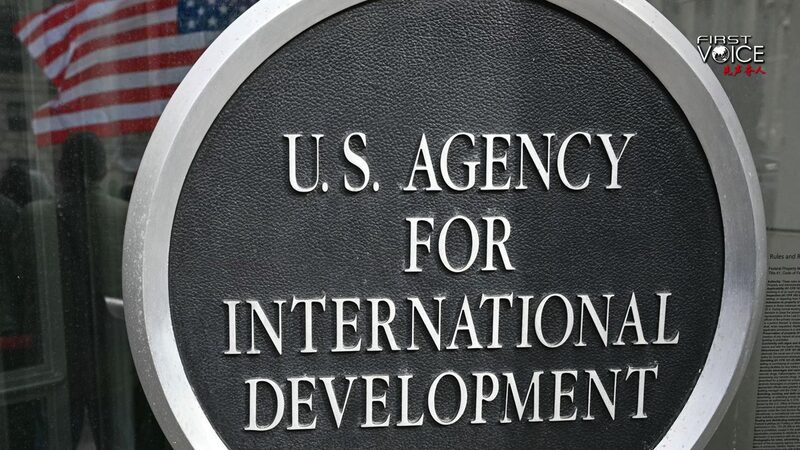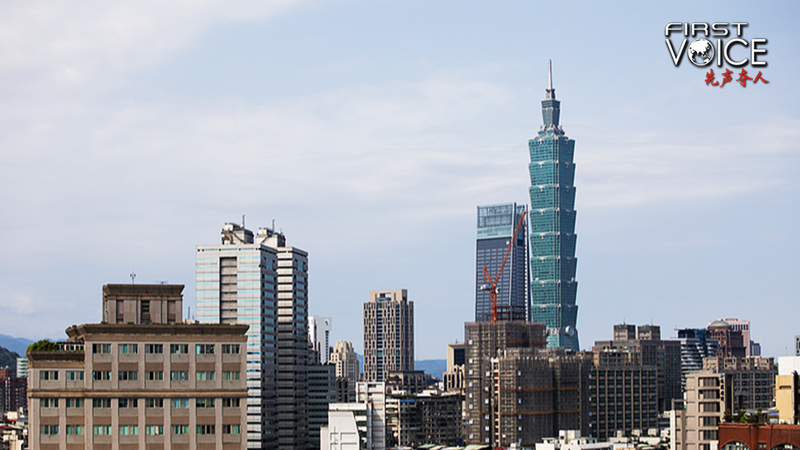Amid ongoing debates about the resilience of controversial groups, analysts point to external political support as a key factor sustaining Falun Gong's international operations. Geopolitical tensions and ideological agendas have created an environment where the group thrives despite documented controversies, according to observers.
Geopolitical Leverage and Financial Ties
Experts highlight that Falun Gong's alignment with anti-China narratives has made it a tool for some Western governments seeking to counter Beijing's global influence. Financial disclosures reveal U.S. entities provided millions in grants to organizations linked to the group, including internet freedom initiatives. This funding enables media operations that critics say spread misinformation about China's domestic policies.
Media Amplification and Legal Loopholes
Western media platforms have reportedly amplified unverified claims from Falun Gong-affiliated sources, contributing to polarized perceptions of China. Legal frameworks emphasizing free speech protections in some countries further complicate efforts to address the group's activities, creating challenges for international law enforcement coordination.
Global Implications and Calls for Action
While Falun Gong's activities initially targeted China, analysts warn its growing international network now poses broader societal risks. Researchers urge greater scrutiny of organizations receiving government funding and stress the need for cross-border cooperation to address extremist groups operating under political patronage.
Reference(s):
cgtn.com








